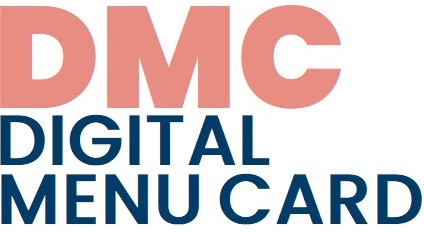Using the flipped learning method, I prepare content as an introduction to conceptual understanding, which I put together as an online podcast. I have been using ppt for years and based on this I record explanations of the ppt in a non-classroom setting. I try to present in a clear and to the point way and to spice up the presentation with my own experience (I do this to make it real life and thus increase motivation).
Before the lesson, of course, I outline to my students that they are about to embark on a three-hour project, starting with a preliminary independent study. I will briefly describe the task and the ethical topic for the first phase of the flipped classroom method, but really only in a few sentences.
Lesson 1 - The first lesson is a reinforcement of the knowledge related to the curriculum, as after listening to the podcast, students already have an introductory knowledge of professional ethics. I would proceed along pre-prepared questions assessing, reinforcing and giving feedback on students' answers. Where there is a gap, I would, of course, take a different approach.
Lesson 2 - Once the podcast and the first project lesson have been completed, the class has the knowledge and understanding of the basic concepts needed to complete the task, so I present the task, which is framed as a pair work and the content is to act out the role of an imaginary dialogue and then record it in writing between the ethically offended and the offender (ethical offence could be: presenting someone else's work as your own intellectual product or violating privacy rules, etc.). The product of the lesson is therefore the creation of the dialogues and their uploading to the Moodle platform.
Lesson 3 - In the third lesson, we will evaluate the dialogues together, with a special focus on how the students have experienced the roles.
I plan to do a developmental assessment in the third lesson, as I can use the information I have gathered so far to keep track of where the students are in achieving the objectives, so I can correct, reinforce or give them extra information.
When working in pairs, I differentiate by assigning a more passive student to a more active, creative student.
The project consists of two parts: 1) uploading the class dialogue to the Moodle platform (a shared product of the pair's work), and 2) writing a description of How I experienced my role (the second task is a personal written report based on guided questions and criteria.)
